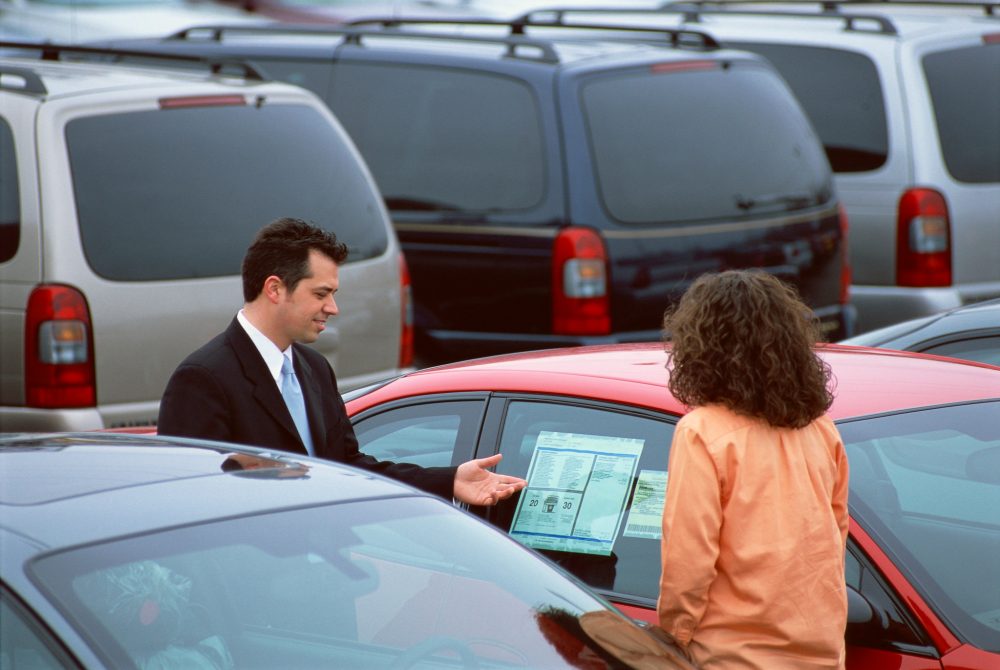What To Do If Your Used Car Gets Recalled
Buying a used car can save you a lot of money. New cars depreciate in value rapidly after you drive them off the lot, so buying used avoids taking a hit on that initial depreciation. And you can often find a used car from a recent model year that has many of the same features as a new car for a fraction of the price. But buying used can also have its downsides. For example, what should you do if your used car gets recalled by the manufacturer or the government?
Used Car Recommendations: Here are the best Chevy models to buy pre-owned
Take it to a dealer
The short answer is that the process for getting a recall fixed on a used car is pretty much the same as getting one fixed on a new car. You’ll need to take your used car to a dealership service center that’s affiliated with your car’s brand. For example, if you bought a used Chevrolet Equinox, you should take it to a Chevy dealership to get the issue resolved.
It doesn’t matter where you bought the car and whether it was from a dealership or from a private seller. If the government issues a recall on your car, the manufacturer is required to fix it, free of charge, at one of its dealership franchises. If you don’t use a dealership for your routine maintenance needs, you’ll need to look around for one in your area; independent car repair stores are not authorized to perform recall fixes.
Make sure recalls are addressed before purchasing
Before you purchase a used car, you need to check to see if there are any open recalls on it — especially if you are buying from a private seller or from a dealership that’s not a franchisee of the vehicle brand you’re buying. That’s one reason why it’s a good idea to check for certified pre-owned vehicles in your price range. Each car manufacturer has a CPO program, and while the terms differ, they are all required to make sure the car is in good shape before selling it — and that includes fixing any outstanding recalls before listing it for sale.
If you can’t find a CPO car within your budget, make sure you get it checked by a licensed and trusted mechanic before you sign on the dotted line. The mechanic can look for any issues with the car, including open recalls or other mechanical issues that might prevent the car from driving safely.
Depending on the age of the car, it may not qualify for free repairs as part of a safety recall, according to Credit Karma, so it’s important to take that into account when purchasing a used vehicle.
Check regularly for recalls
Whether you have a new, used, or CPO car, it’s a good idea to check for recalls at least a couple of times per year. You can do so by going to the Safety Issues & Recalls page on the NHTSA website and entering your car’s VIN. If you don’t have that on hand, you can also search by your car’s year, make, and model. You should see a list of recalls on that vehicle, as well as any investigations, complaints, or manufacturer communications.
You should also receive a notice in the mail from the manufacturer if your vehicle is subject to a recall. If you’re buying a used car, it’s important to register your address with the manufacturer to ensure that any recall notices reach you. And if you move, remember to update your address.
Catherine Hiles (she/her) is a native Brit living and working in Dayton, Ohio. Cat has written about a variety of subjects, including finance, cars, and parenting. She is a frequent contributor to Dayton Mom Collective, The Penny Hoarder, and WDW Magazine.
Cat lives with her husband, their two kids, and their energetic pitbull mix. She counts running, lifting weights, walking, and reading among her hobbies. See more articles by Cat.


